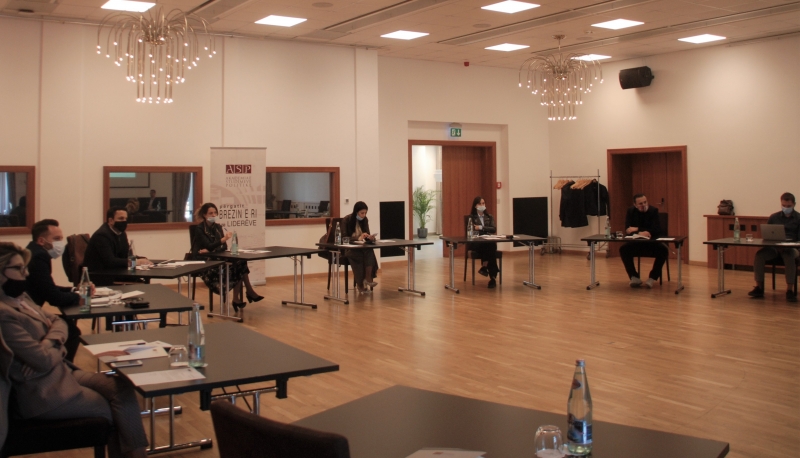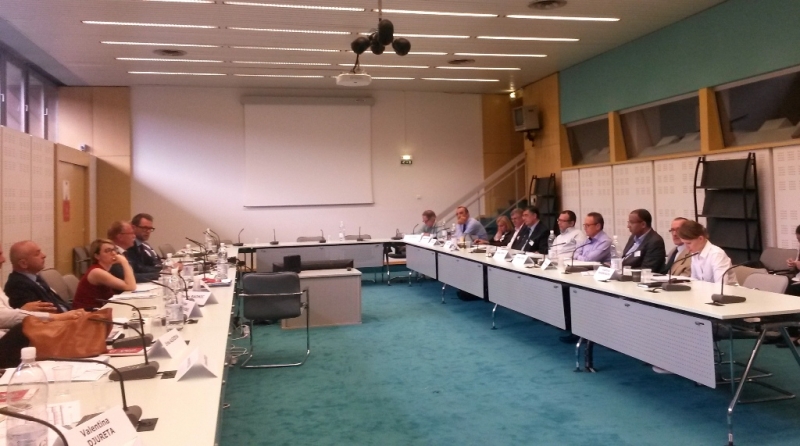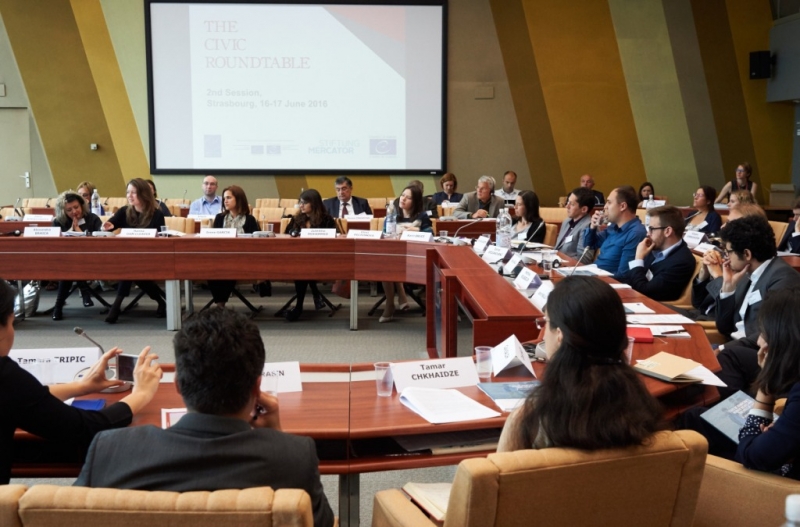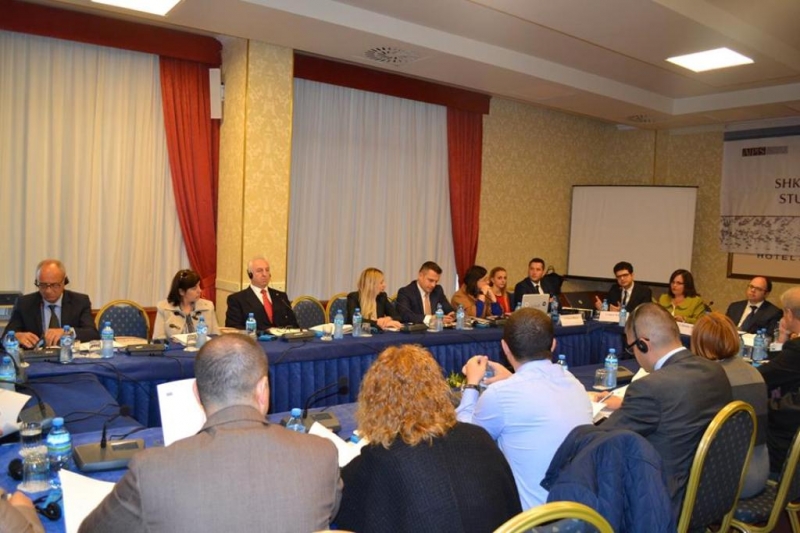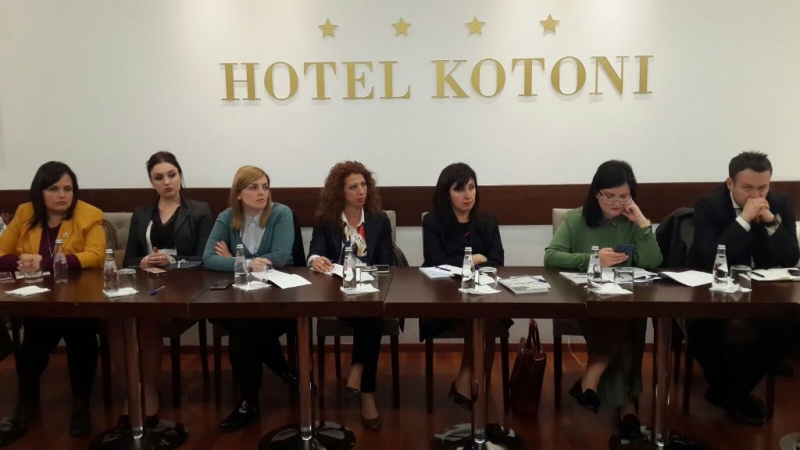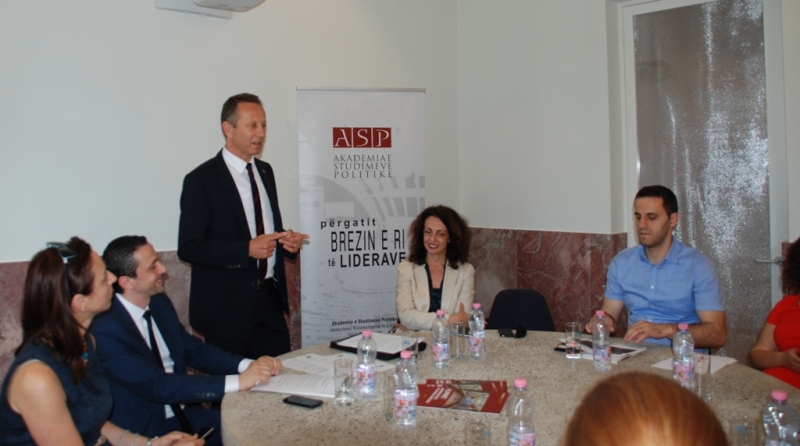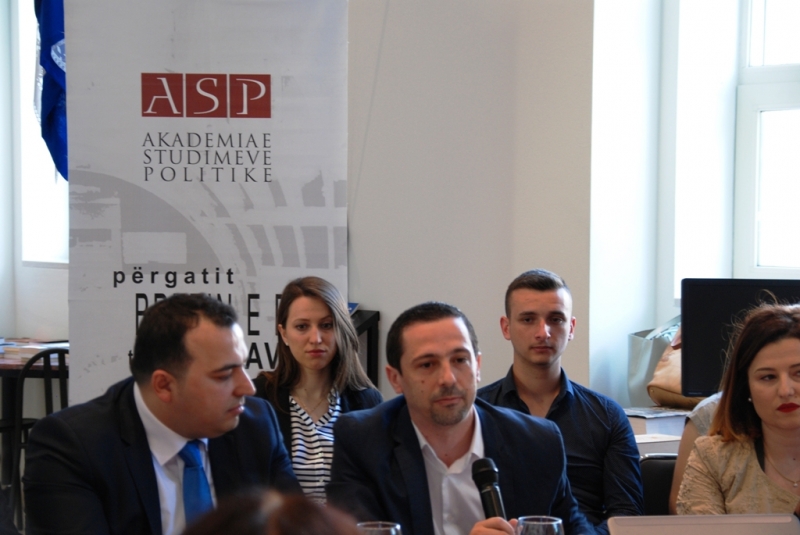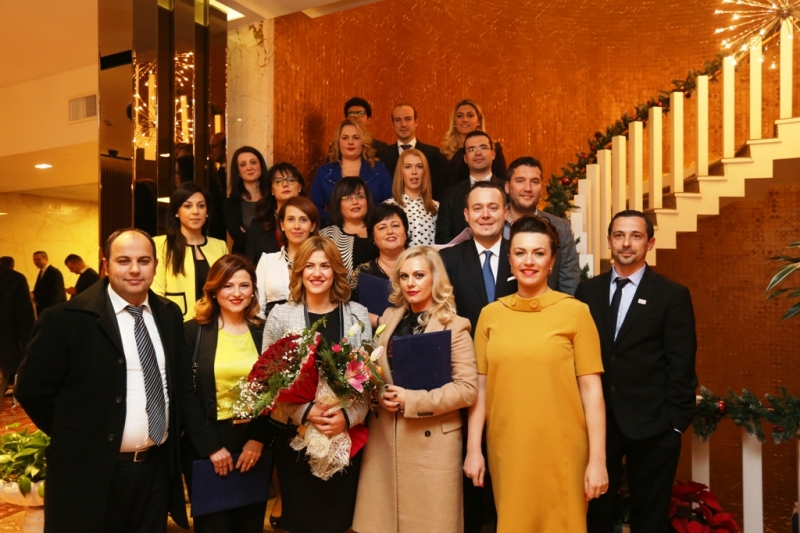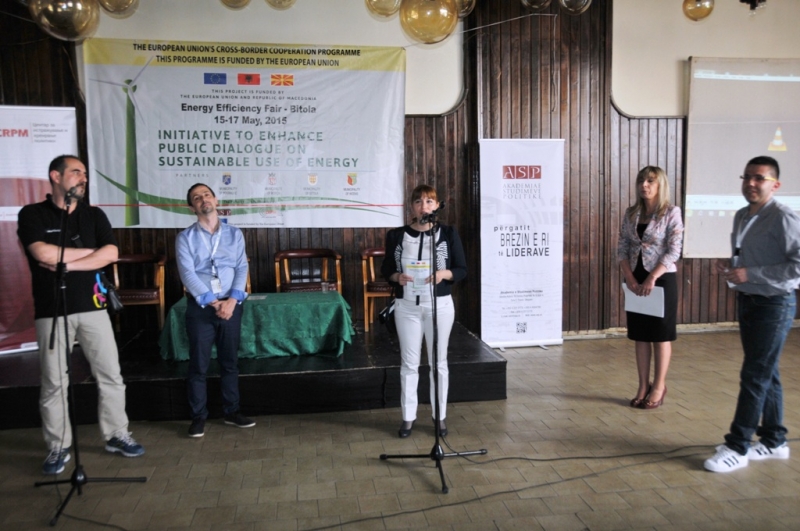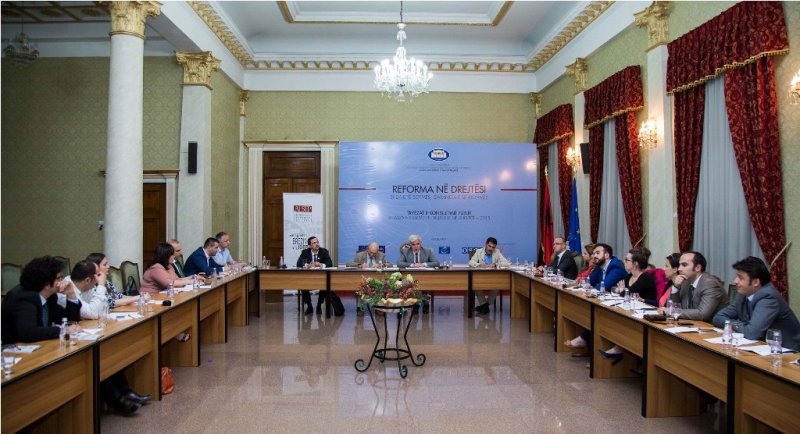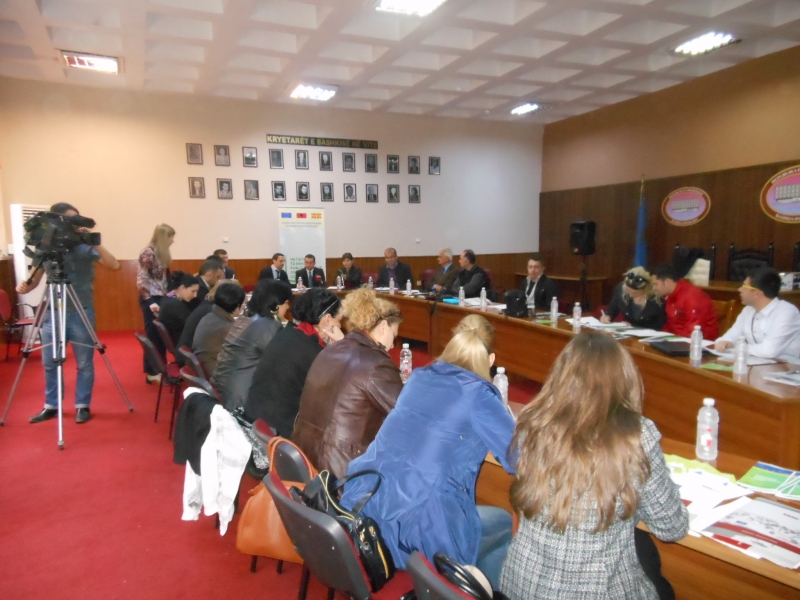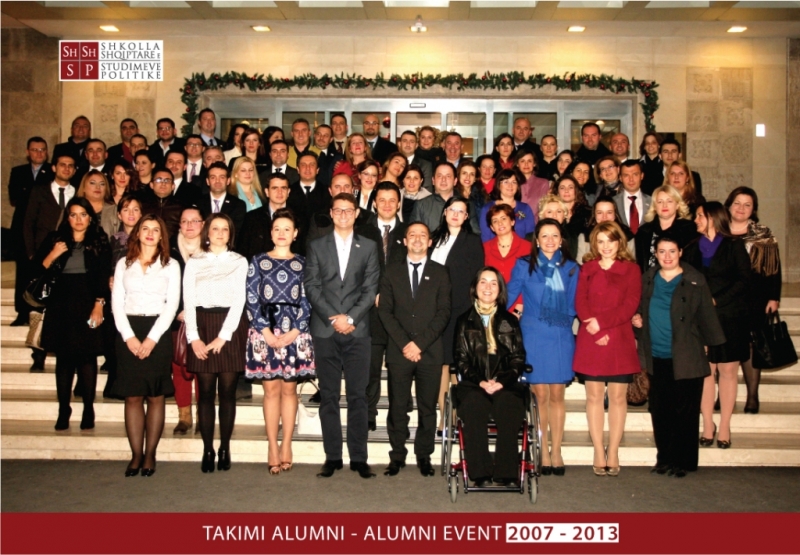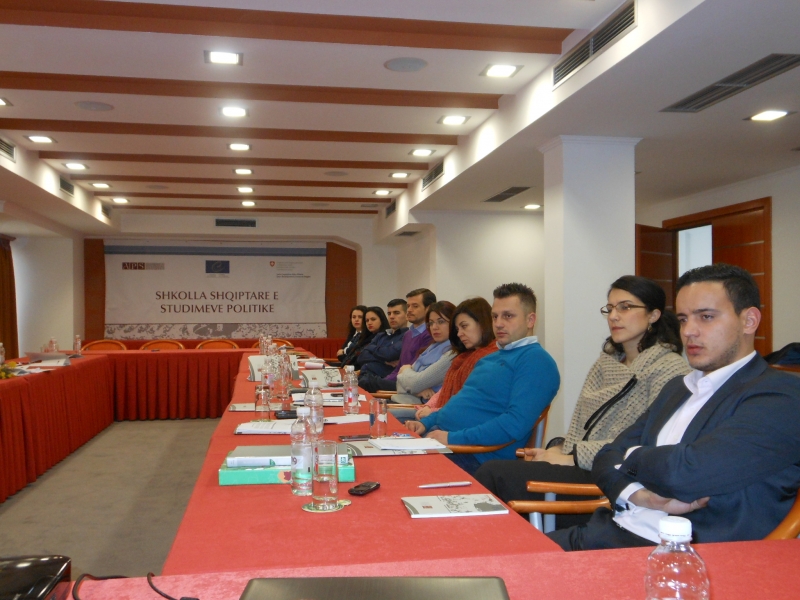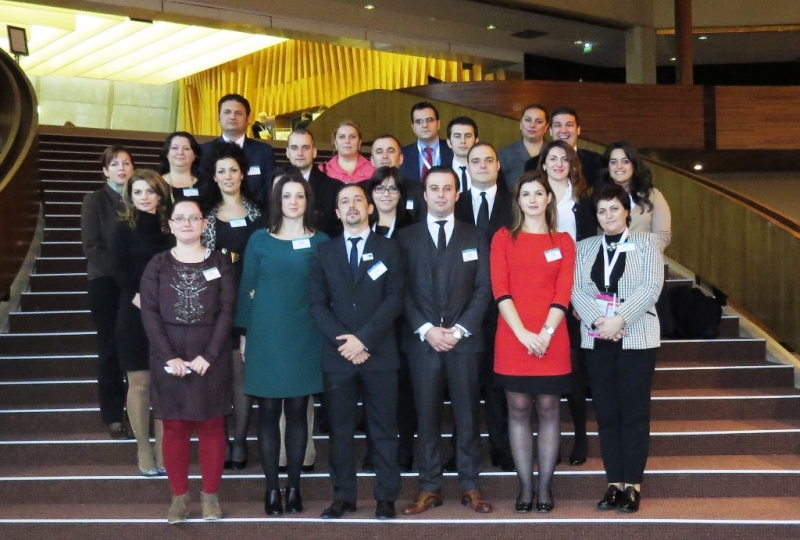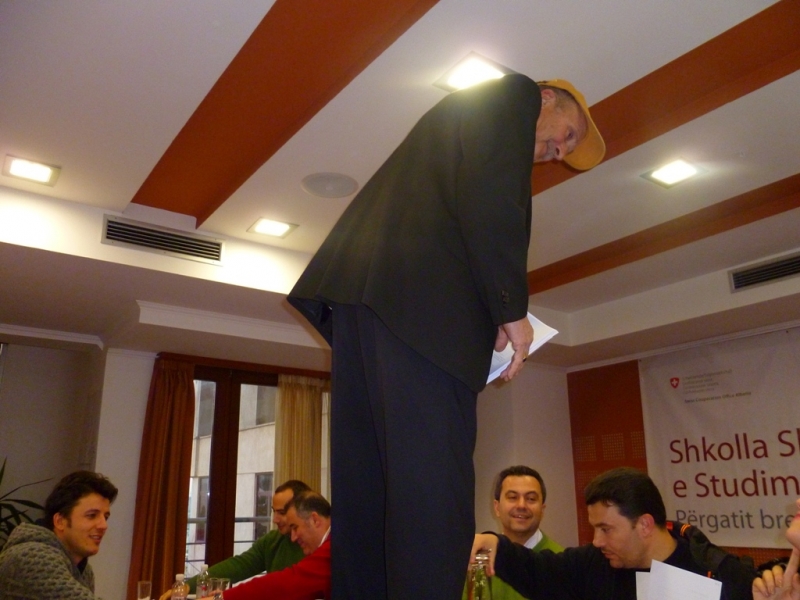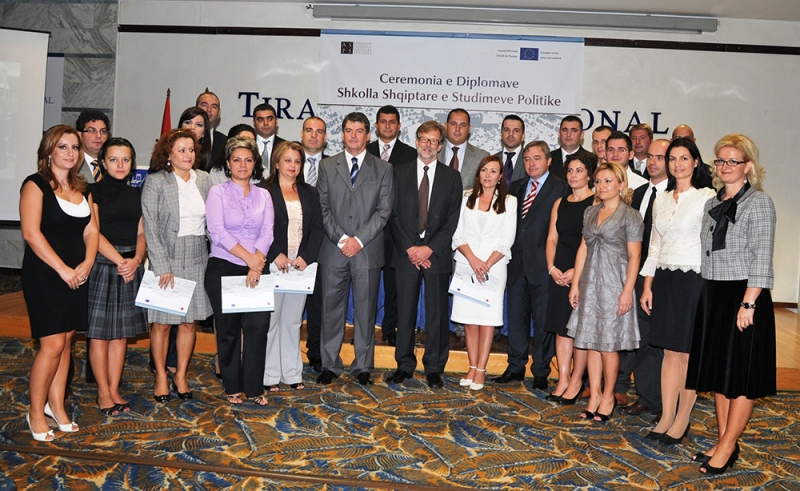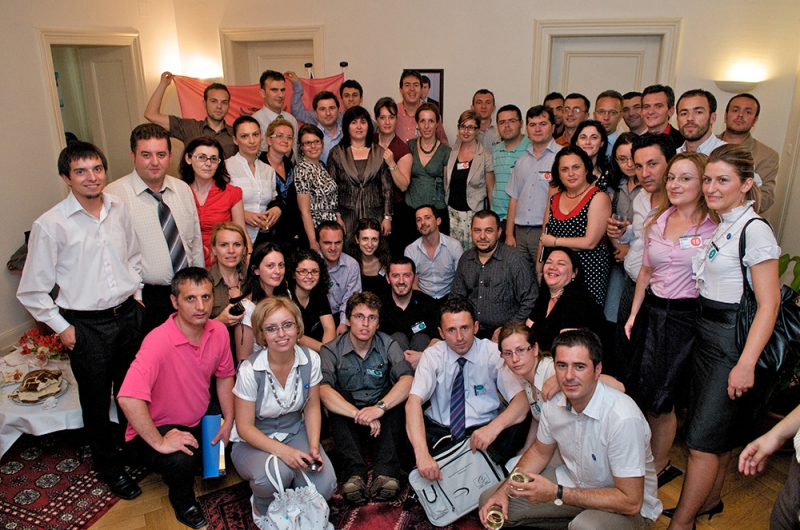
Friday, October 06, 2023
The local elections of May 14, 2023 did not bring improvement in the implementation of the provisions for the use of state resources and in some aspects were a step back from the criteria established in the previous elections. This assessment is part of the final monitoring report developed by the Academy of Political Studies in collaboration with the Institute for Political Studies. The monitoring findings are intended to provide concrete recommendations for improving legal restrictions and the practice of their implementation in the expected electoral reform.
Some of the main findings of the monitoring are:
• The hindrance of the expected electoral reform during 2022 paved the way for the recurrence of previously identified problems regarding the implementation of provisions about the restrictions on the use of state resources. In this obscure legal terrain, the CEC interpreted the restrictions set out for general elections as not applicable to local elections, establishing a double standard for electoral processes.
• The Council of Ministers and senior state officials participated massively in the electoral campaign in support of the Socialist Party candidates, without ensuring a clear separation between the candidates’ function and the political representation. The candidates took part in Party activities and in the presentation of public investments, including promotion of funds to support reconstruction and agriculture or development projects financed by public companies, as in the case of the Albanian Development Fund in Shkodër or other projects from foreign donors.
• The Council of Ministers adopted 14 decisions on salary increases for certain categories of the state administration and pensioners during the electoral campaign, as well as another 4 decisions on post-earthquake reconstruction funds for private houses and various public facilities in the main municipalities of the country. Besides the interpretation of whether this restriction of the Electoral Code is valid in local elections, the fact that this type of decision-making has brought electoral benefits remains evident.
• The number of local administration employees slightly increased during the first months of the year (644 additional employees) - a trend that is not observed after the elections. Despite these new employments, which oftentimes translate into “electoral favoritism”, the total number of administrative employees decreased compared to the same period of the previous year.
• The SP party's political activism platform "Aktiv1st", wherein public sector employees were encouraged to register, raised concerns about the possibility of the “system of patronage” and greater control over the administration - this was also confirmed in the OSCE/ODIHR report. The monitoring report of the Commissioner for Supervision of the Civil Service and the Department of Public Administration, based on the reports of public institutions leaders, found no irregularities or absences during the working hours for the entirety of the electoral period.
• A disciplinary process and internal control of the administration during the campaign by the Council of Ministers itself - the role entrusted to the Government Task-Force on the conduct of the administration - cannot be evaluated as functional and reliable given the full lack of transparency and accountability. The OSCE/ODIHR observations did not focus on this initiative of the Council of Ministers in its report, apparently not identifying any visible improvements of the process.
• CEC improved time efficiency for reviewing and making decisions on complaints about the lack of reporting of public activities or about the participation of ministers and institutions in the campaign, following the increase in complaints from civil society organizations. For the first time, the State Election Commissioner decided to prohibit the organization of activities in time and imposed 23 administrative sanctions against mayors and central and local officials, providing even a public register of the officials sanctioned.
An executive summary of the final monitoring report might be consulted here














